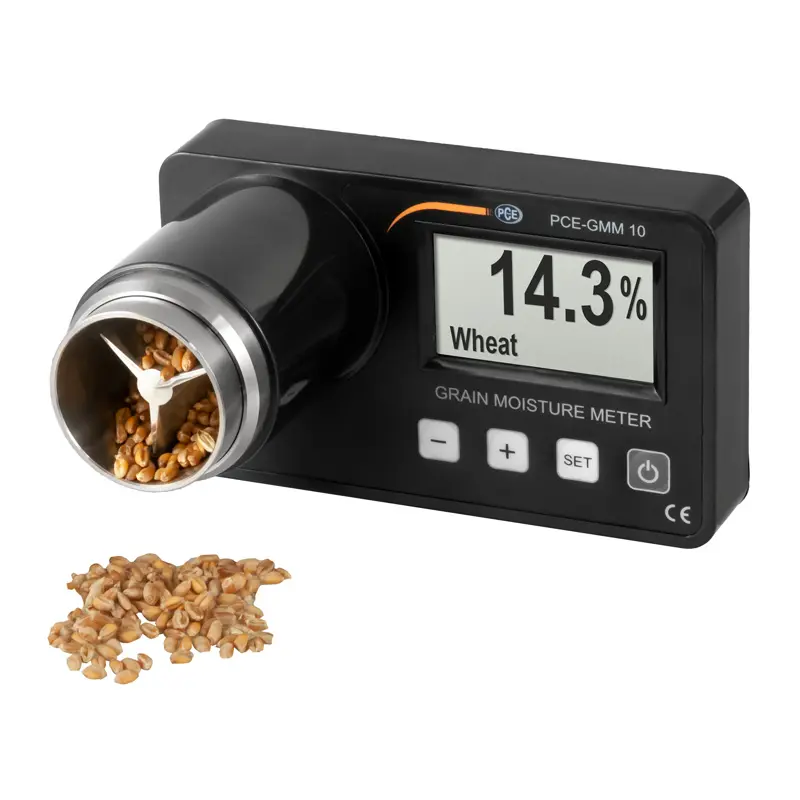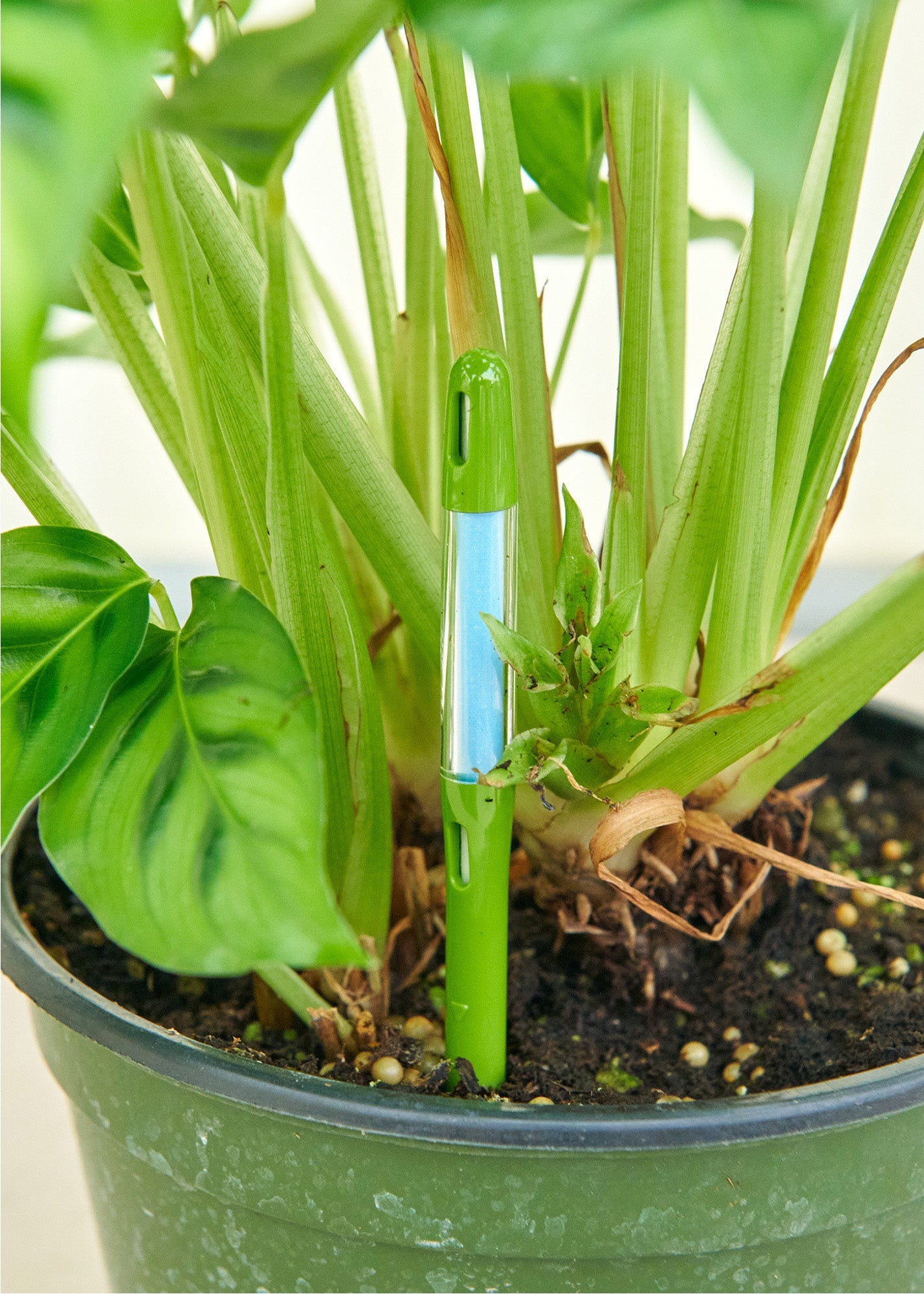Comprehending the Different Kinds Of Moisture Meters and Their Applications
Comprehending the Different Kinds Of Moisture Meters and Their Applications
Blog Article
The Ultimate Overview to Dampness Meters: A Comprehensive Summary and Just How They Can Save You Cash
In the realm of structure maintenance, construction, and numerous sectors, the relevance of accurately gauging wetness degrees can not be overemphasized. Dampness meters serve as vital devices in detecting and keeping track of moisture web content in products, aiding in avoiding costly problems and making certain the quality of items. Comprehending the nuances of various sorts of wetness meters, their applications, and the potential cost-saving benefits they offer can be a game-changer for specialists and companies alike. Uncovering how these gadgets can not just enhance processes yet also add to economic cost savings is a journey worth starting.
Kinds Of Dampness Meters
One usual type is the pin-type wetness meter, which determines the electrical resistance between 2 pins put right into a product. Pinless wetness meters, on the various other hand, use electro-magnetic sensing unit plates to scan a larger location without creating damages to the product's surface area.

In addition, there are likewise specialty moisture meters made for certain products like hay, dirt, or grain. These meters supply precise moisture analyses tailored to the one-of-a-kind homes of the material being checked. Infrared moisture meters gauge the thermal residential properties of a material to establish its moisture material non-invasively, making them beneficial for applications where pin or pinless meters may not appropriate. Recognizing the different kinds of wetness meters offered can help markets pick the most ideal tool for their certain moisture measurement needs.

Advantages of Using Wetness Meters
Moisture meters provide vital advantages in precisely monitoring and analyzing dampness degrees in diverse materials and settings. One of the key advantages of using dampness meters is the avoidance of prospective damage created by excess wetness.
In addition, using dampness meters can lead to raised power performance. In farming setups, moisture meters play a critical role in maximizing plant yields by enabling farmers to keep an eye on soil moisture levels and make informed watering decisions.
Just How to Pick the Right Wetness Meter
Choosing the suitable dampness meter entails thinking about vital elements such as material compatibility, dimension array, and calibration precision. When selecting a dampness meter, it's important to make sure that the meter is ideal for the details product you will be screening. Different materials have varying electric residential or commercial properties that can affect moisture readings, so choosing a meter created for your product is critical for exact outcomes. In addition, think about the measurement variety my response of the wetness meter. Ensure that the meter can detect wetness degrees within the range required for your applications. Calibration precision is an additional critical aspect to remember. Choose a wetness meter with reputable calibration to make sure constant and accurate readings. Some meters may require periodic calibration adjustments, so understanding the calibration process is essential. By carefully reviewing these variables, you can select a wetness meter that satisfies your needs and provides exact dampness measurements for your projects.
Appropriate Techniques for Dampness Meter Usage

Cost Financial Savings Via Dampness Meter Applications
How can the strategic utilization of moisture meters result in significant cost financial savings throughout different markets? Moisture meters play an important function in price financial savings by avoiding possible damage and making sure top quality control in various industries. In the agriculture sector, wetness meters aid in determining the optimum time for gathering crops, preventing excess or over-drying dampness that can affect the final item's high quality. This precise tracking assists farmers avoid unneeded losses and maximize their return.
Likewise, in building and construction, wetness meters help stop pricey damages by spotting dampness degrees in building products, such as wood or concrete, which can result in architectural issues if not resolved quickly. By identifying issue locations at an early stage, contractors can take restorative procedures to stay clear of comprehensive repair services or replacements, eventually conserving time and money.
Additionally, in the food handling sector, dampness meters are important for keeping an eye on item quality and making sure conformity with safety and security regulations. By precisely determining wetness web content in foodstuff, producers can protect against perishing, maintain freshness, and reduce waste, resulting in considerable expense savings. Generally, the critical application of dampness meters is a valuable investment that can lead to substantial cost see this website decreases and boosted performance across numerous industries.
Conclusion
In conclusion, moisture meters are valuable tools for spotting and measuring dampness degrees in different materials. By utilizing the ideal moisture meter and following correct strategies, individuals can successfully stop pricey problems created by excess wetness. Investing in a quality dampness meter can bring about considerable cost financial savings in the lengthy run by determining prospective problems at an early stage and enabling punctual remediation. Ultimately, dampness meters are essential tools for preserving the integrity and long life of frameworks and materials.
Dampness meters serve as essential devices in spotting and checking moisture web content in products, helping in preventing expensive problems and guaranteeing the top quality of products. Infrared wetness meters measure the thermal residential or commercial properties of a material to determine its moisture web content non-invasively, making them helpful for applications where pin or pinless meters might not be ideal.Dampness meters provide very useful advantages in precisely analyzing and monitoring dampness degrees in diverse materials and settings. In farming setups, dampness meters play an essential function in enhancing plant yields by making it possible for farmers to keep track of dirt moisture levels and make informed irrigation decisions.In final thought, wetness meters are beneficial devices for discovering and measuring dampness levels in various materials.
Report this page